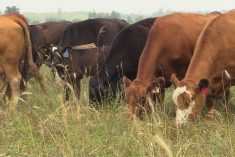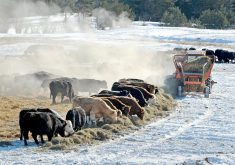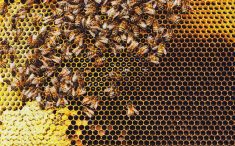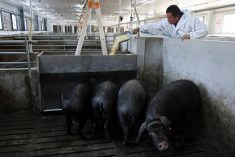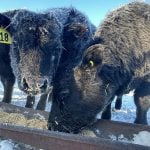“Nearly all” Saskatchewan hog farmers who were eligible for the federal/provincial Targeted Advance Payment (TAP) program have been told they’ll see less than expected or nothing at all from the program, according to the province’s hog farmer organization.
That’s after the province’s hog farmers got word individually from the federal Canadian Agricultural Income Stabilization (CAIS) office indicating “a sizeable payment” through TAP, the Saskatchewan Pork Development Board (Sask Pork) said in a release Friday.
Hog farmers were to receive notice this week of the amount of TAP for which they’re eligible, but “within days of receiving (the first) communication, nearly all producers were subsequently informed they would be receiving a substantially reduced payment, and in many cases ‘zero’ and that the previously calculated payments were incorrect,” Sask Pork wrote.
Read Also
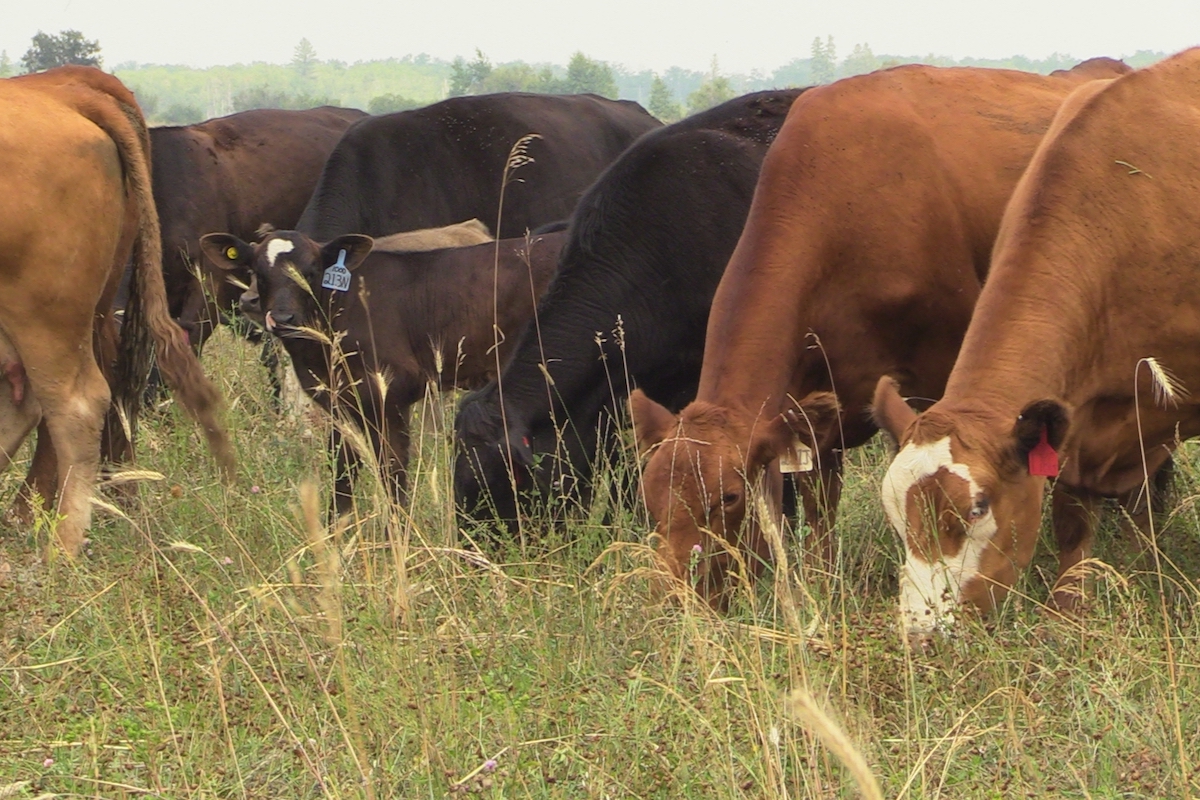
Beef industry weighs in on AAFC research cuts
The Canadian Cattle Association and Beef Cattle Research Council said cuts to federal research centres and programs will have long-term debilitating consequences for the beef industry.
TAP, which was announced for Saskatchewan hog farmers earlier this month, was to provide hog producers with 60 per cent of their estimated 2007 benefit under AgriStability, the program replacing CAIS for coverage for margin declines of over 15 per cent.
Advances under TAP were to be based on information already submitted to the CAIS office by farmers for their 2006 program applications.
Sask Pork said Friday that it wants federal Agriculture Minister Gerry Ritz to take responsibility for the “incompetence” of Farm Income Programs Directorate staff.
It also wants Saskatchewan’s government to take “complete administrative control” of the federal/provincial ag income stabilization program there.
Ontario, Prince Edward Island, Quebec and Alberta already deliver CAIS provincially, while the federal government administers the program elsewhere.
Furthermore, “due to the failure of the 2007 (TAP) to deliver assistance to producers, we are requesting that 2008 interim application be made immediately available, and that program payment caps, that deny assistance to over half of Saskatchewan’s industry, be immediately removed,” Sask Pork wrote.
While the promise and denial of TAP funds was a “serious error,” the board added, “the fact remains that program technicalities such as ‘non-calendar year ends’, and ‘program caps’ are denying timely access to assistance for producers who are running out of time and money.
“In our darkest hour, current business risk management programs are offering no protection, and have actually cost producers money.”


